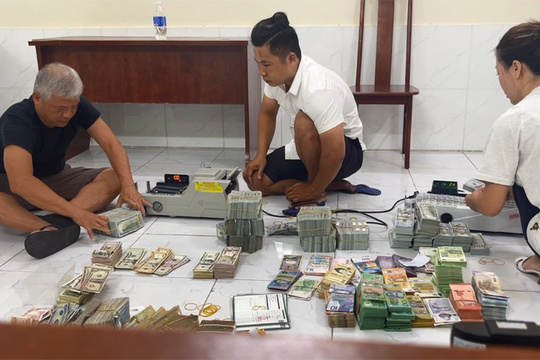Businesses are running out of foreign currency loans from banks.
The State Bank has repeatedly lent and then withdrawn foreign currency, leaving many businesses extremely confused.
If the State Bank of Vietnam (SBV) does not continue to extend the validity of Circular 31/2016, export enterprises will no longer be able to borrow foreign currency. In other words, borrowing foreign currency and then converting it to Vietnamese Dong to buy raw materials for production and export business will be blocked.
Worried about the door to foreign currency loans being closed
According to Circular 31/2016 of the State Bank, credit institutions and foreign bank branches licensed to conduct foreign exchange activities shall consider and decide to lend foreign currency to resident customers to meet short-term capital needs in the country. Thereby, in order to implement plans for production and trading of export goods.
The above regulation takes effect from January 1, 2017 and will be implemented until December 31, 2017. Thus, in less than 2 months, the above circular will expire. If the State Bank does not extend it, exporting enterprises will no longer have the opportunity to enjoy this preferential loan policy.
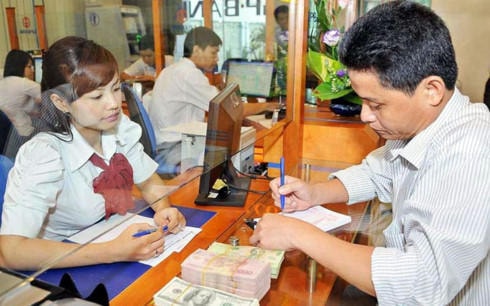 |
| Many opinions suggest creating conditions for import-export enterprises to borrow foreign currency for production and business purposes. |
In fact, in recent years, the State Bank has repeatedly lent and then withdrawn foreign currency, causing great confusion for businesses.
Most recently at a workshop on connecting banks with businesses, Deputy Governor of the State Bank of Vietnam Dao Minh Tu affirmed: “The State Bank of Vietnam has wanted to stop foreign currency lending many times, but due to practical requirements, this regulation has had to be extended many times until now. Because it is true that there are businesses that are priority subjects and need to lend in foreign currency. However, there are also a number of businesses that do not actually need to borrow foreign currency, are not in the group of businesses that need to be prioritized, but still enjoy the same incentives of the foreign currency lending policy.”
According to Deputy Governor of the State Bank of Vietnam Dao Minh Tu, this shows that the game is taking place in an unequal way among business people. Therefore, regulations on foreign currency loans will be tightened, not left as they are now.
“In the immediate future, some businesses that take advantage of the foreign currency lending policy will have to be locked up. At the same time, they will gradually have to change from borrowing relationships to foreign currency trading relationships,” Mr. Tu emphasized.
Contrary to the view of the Deputy Governor of the State Bank of Vietnam, the General Director of a commercial bank said that if the operators firmly close the door to foreign currency loans and only lend in Vietnamese Dong, they will be forced to comply.
However, if we divide export enterprises into those that are still allowed to borrow while others are not, it could lead to the possibility that the group that is not eligible to borrow foreign currency will find every way to circumvent the regulations to get on the list of those eligible to borrow foreign currency.
"At that time, the goal of ensuring fairness in business as desired by the State Bank will not be possible," the general director of the above bank warned.
From the perspective of a producer and trader, Mr. Huynh Nhat Trung, Director of an agricultural export company in Binh Thuan, pointed out that the current short-term lending interest rate for Vietnamese Dong fluctuates between 7% and 9% per year, while the lending interest rate for USD is only 2.5% and 4% per year. That means the interest cost for loans in VND is twice or even three times higher than loans in foreign currency.
Furthermore, the borrowing rate of Vietnamese enterprises is still quite high. Therefore, in the future, if export enterprises no longer enjoy cheap capital thanks to borrowing USD and then converting to VND, it will be very difficult to reduce interest costs. This leads to the consequence that Vietnamese goods will find it difficult to compete with competitors in the region.
The State Bank of Vietnam said that since the beginning of the year, the exchange rate, gold market, foreign currency, and the value of the Vietnamese currency have been stable. Notably, Vietnam has bought more than 6 billion USD, raising its foreign exchange reserves to over 45 billion USD. This is Vietnam's largest foreign exchange reserve ever.
Need to listen to the opinions of banks and business people
It cannot be denied that there are enterprises with a very low proportion of exported goods, the foreign currency earned sometimes only accounts for 10% of revenue, but they still use the excuse that the exporting unit has foreign currency revenue to enjoy preferential interest rates from the USD loan policy.
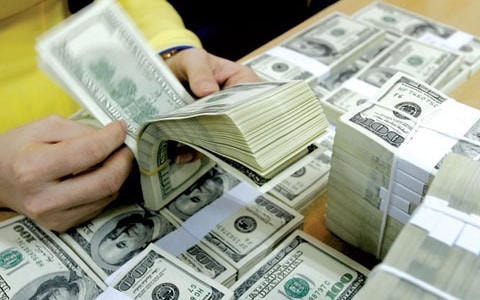 |
| If the State Bank does not continue to extend the validity of Circular 31/2016, export enterprises will no longer be able to borrow foreign currency. |
However, Dr. Nguyen Tri Hieu, a banking and finance expert, said that in order to control businesses that take advantage of foreign currency lending policies for personal gain, the State Bank of Vietnam needs to have specific regulations and should not prohibit all businesses from borrowing. For example, only export businesses with at least 50% of their revenue in foreign currency are allowed to borrow foreign currency. If stricter, this ratio could be raised to 75%.
“It is reasonable to extend the foreign currency loan program for another year, which is beneficial for exports. If the foreign currency loan program suddenly stops on December 31, it will certainly put businesses at a disadvantage. On the other hand, the exchange rate is still maintained stably, and the loans are in USD but the banks disburse in VND, so lending in foreign currency in the current context will not affect the Government's policy of anti-dollarization of the economy,” Dr. Hieu analyzed.
Sharing the same view, Dr. Can Van Luc suggested that in order to determine whether to continue extending foreign currency loans or not, the State Bank should conduct a quick survey from credit institutions and the business community. From there, it will be possible to clearly understand the current loan needs of export enterprises. Based on that, the final decision will be closer to reality, instead of suddenly stopping foreign currency loans.
“We need to firmly oppose the dollarization of the economy, but the spirit is not to oppose dollarization at all costs. While opposing dollarization, we must also create favorable conditions to support businesses, especially import-export businesses,” Mr. Luc stated his opinion./.
According to VOV
| RELATED NEWS |
|---|

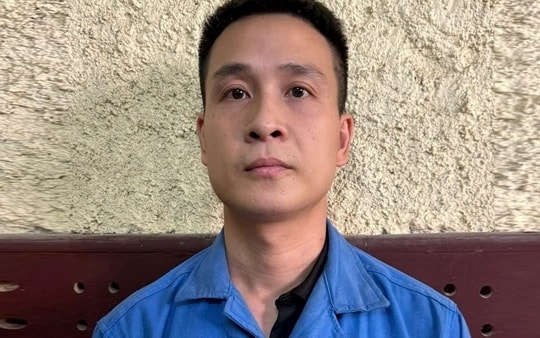

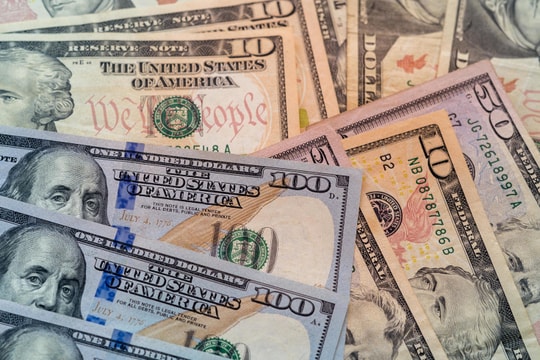
.png)
